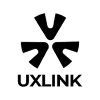
UXLINK is a next-generation Web3 social platform designed to empower users and developers to connect, collaborate, and trade in a decentralized environment. With over 31.20 million users and 114,454 groups, UXLINK stands as one of the largest Web3 social infrastructures.
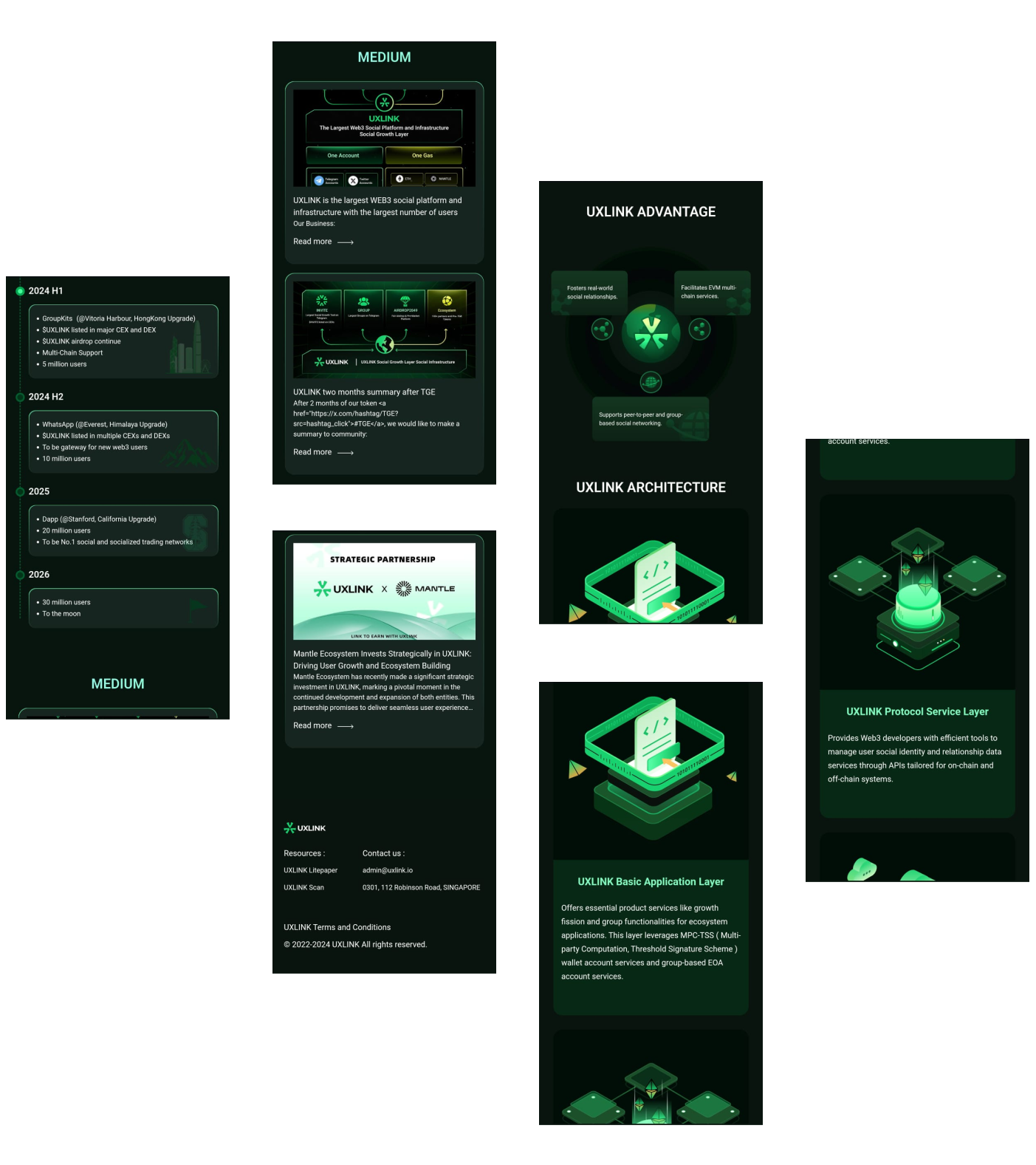
UXLINK’s primary objective was to create a user-friendly Web3 platform that merges social interaction with decentralized trading and asset management. The platform needed to cater to both individuals and groups, enabling them to build networks, explore Web3 Development opportunities, and trade seamlessly. UXLINK also required the platform to integrate blockchain technology, offering multi-chain support for transactions, and ensuring secure and private user interactions.
Another key requirement was scalability. As the Web3 ecosystem evolves, UXLINK needed a platform capable of scaling to billions of users, making it adaptable for future growth. This meant not only creating infrastructure that supports the current user base but also preparing for a rapidly expanding audience. The client emphasized the importance of seamless integration across different blockchains, ensuring compatibility with emerging decentralized technologies.
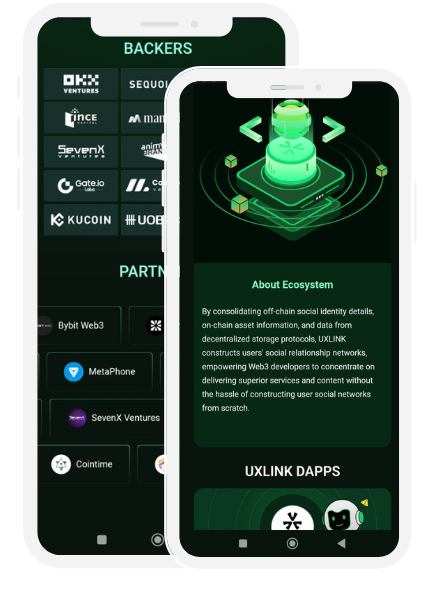
A secure, decentralized wallet using Multi-Party Computation for private key management. Supports multi-chain transactions, enhances security, and enables individual or group asset management without relying on centralized authorities.
Soulbound Tokens create non-transferable, verifiable Web3 identities. They link social graphs with blockchain activity, fostering trust, authenticity, and reputation-building for users across decentralized applications and social interactions.
A decentralized exchange integrating social trading. Users trade assets with friends or groups, access real-time analytics, AI insights, and enjoy multi-chain support for seamless decentralized asset management.
UX Invite rewards users with utility tokens for referring friends and groups. Integrated with social media, it promotes organic growth, builds Web3 networks, and enhances engagement across the UXLINK ecosystem.
An AI-powered group management tool for trading, exploring Web3 projects, and collaboration. Features include group wallets, task automation, and real-time communication to help build and monetize communities.
A group-based social graph system visualizing user connections and interactions. Helps users discover partners, projects, and opportunities while maintaining privacy and controlling access to their Web3 social network.
Enables decentralized asset management for groups. Group Wallet ensures transparent fund tracking, while GPass provides role-based access control for secure collaboration and trusted financial operations within UXLINK.
AI-driven discovery tool for exploring Web3 projects and earning utility tokens. Users contribute feedback or ideas, while developers showcase projects to an engaged audience for collaboration and support.
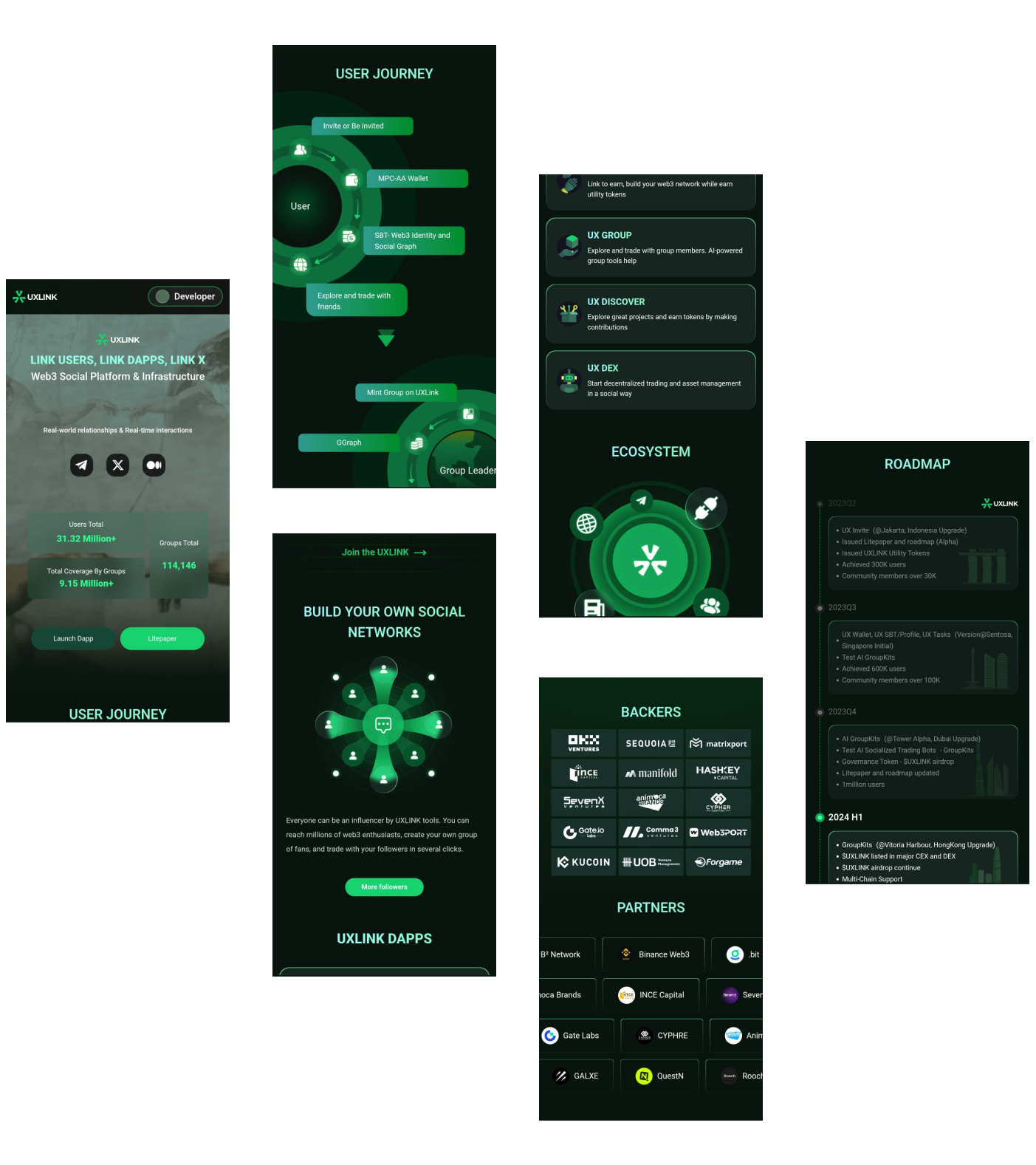
PoT rewards users for decentralized trading on UX DEX. Both individual and group traders earn tokens based on volume and behavior, encouraging liquidity, engagement, and collaborative trading within the ecosystem.
DPoS lets users vote for delegates to validate transactions. It enables faster, scalable, and decentralized governance while rewarding users for supporting reliable validators who secure the UXLINK network.
PoGP rewards users for active group involvement—trading, discussions, or collaborations. It strengthens group dynamics and promotes interactive participation across the UXLINK ecosystem through engagement.
PoID verifies identities using SBT and social graphs. It builds trust, prevents fraud, and ensures transparency in social and trading activities, making interactions on UXLINK safer and more credible.
PoC rewards users for meaningful contributions like sharing ideas, governance participation, or ecosystem development. It aligns personal efforts with UXLINK’s growth, creating a sustainable and engaging environment.
PoSE incentivizes users for social interaction—invites, discussions, and project engagement. It rewards active contributors, promoting organic growth and community vibrancy through token-based recognition of social activity.
PoG rewards users for voting on proposals and platform updates. It empowers the community, ensures decentralized decision-making, and encourages meaningful participation in shaping UXLINK’s future direction.
PoA rewards consistent platform activity—trading, governance, and social interaction. It encourages long-term engagement by recognizing all user efforts, sustaining ecosystem vibrancy.

Aa Bb Cc Dd Ee Ff Gg Hh Ii Jj Kk Ll Mm Nn Oo Pp Qq Rr Ss Tt Uu Vv Ww Xx Yy Zz
The development of UXLINK followed a user-centric, community-driven strategy to build a robust Web3 social platform. It began by identifying the needs of Web3 users seeking seamless interaction, identity management, and decentralized trading within one ecosystem. By integrating decentralized social tools, MPC-AA wallets, and Soulbound Tokens (SBTs), UXLINK ensures secure, real-time engagement. Its modular architecture supports scalability through components like group wallets and AI-powered tools, enabling both individual and group interactions. This flexible design fosters collaboration, decentralized trading, and social engagement, creating an ecosystem that adapts to user needs while maintaining trust, security, and transparency in every transaction.
Since its launch, UXLINK has reached significant milestones, expanding to over 31.20 million users and covering 9.17 million in groups, supported by 114,000+ active groups. This rapid growth demonstrates the platform’s ability to deliver real value by combining social interaction with decentralized financial participation. Through its strong architecture and integration of advanced social tools, UXLINK empowers users to create, connect, and trade within their communities. Its innovative incentive models, PoSE and PoGP, encourage active participation, cultivating a vibrant, engaged ecosystem. By balancing usability, decentralization, and scalability, UXLINK has successfully established itself as a powerful Web3 platform where collaboration and user-driven growth thrive.
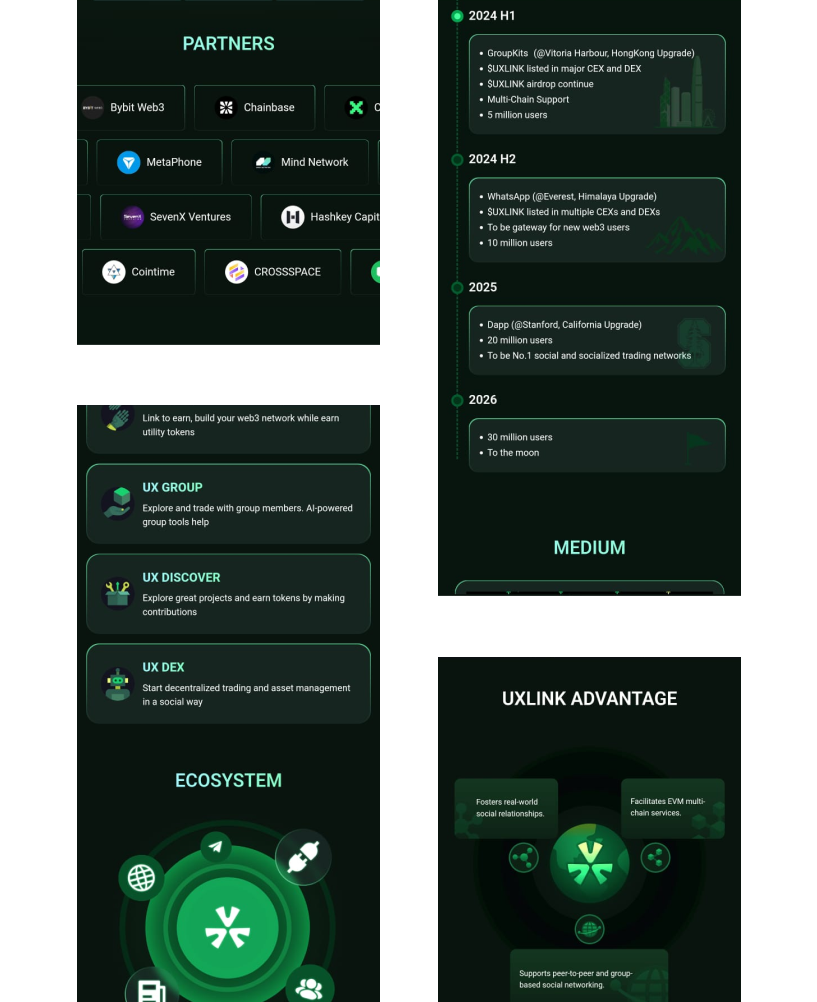
A key challenge for UXLINK was creating scalable infrastructure capable of supporting millions of users and decentralized applications. As a Web3 social platform, it needed to manage real-time interactions, large transaction volumes, and diverse DApps without reducing performance. By addressing these technical demands, UXLINK ensured its platform could grow sustainably while delivering seamless user experiences in a decentralized, high-performance ecosystem built for long-term scalability.
Educating users about Web3 and decentralized technologies proved challenging for UXLINK. Many Web2 users are unfamiliar with blockchain, decentralized finance (DeFi), and non-custodial wallets, which form the platform’s foundation. To bridge this gap, UXLINK prioritized user-friendly resources, clear guides, and educational tools that simplify complex concepts. This effort helps lower barriers, empowering users to confidently adopt decentralized features and fully engage with the Web3 social ecosystem.
Like many Web3 projects, UXLINK faced challenges navigating shifting regulations across jurisdictions. Rules on decentralized platforms, digital identities, and token ecosystems vary widely, creating uncertainty. To address this, UXLINK emphasized compliance and flexibility in its framework, ensuring adaptability to evolving global standards. This approach strengthens trust, enhances legitimacy, and positions the platform for sustainable growth while aligning with the long-term regulatory landscape of blockchain and decentralized ecosystems.
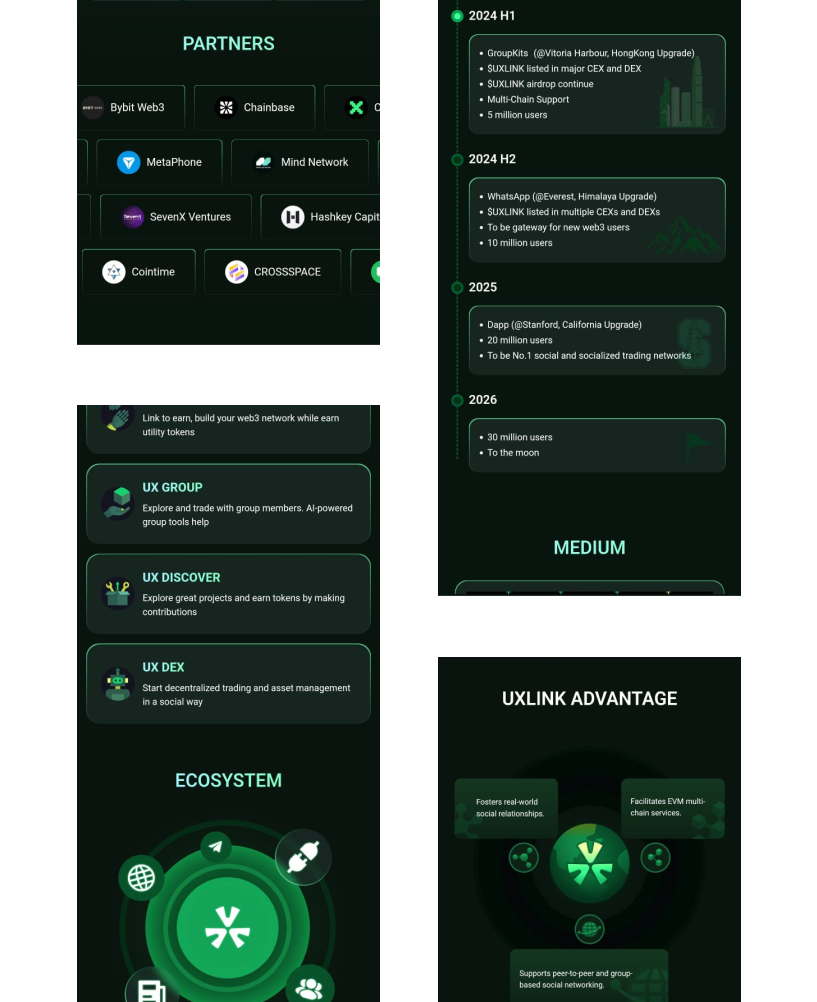
UXLINK offers decentralized social networking, asset trading, multi-chain support, AI-driven tools, and community governance features.